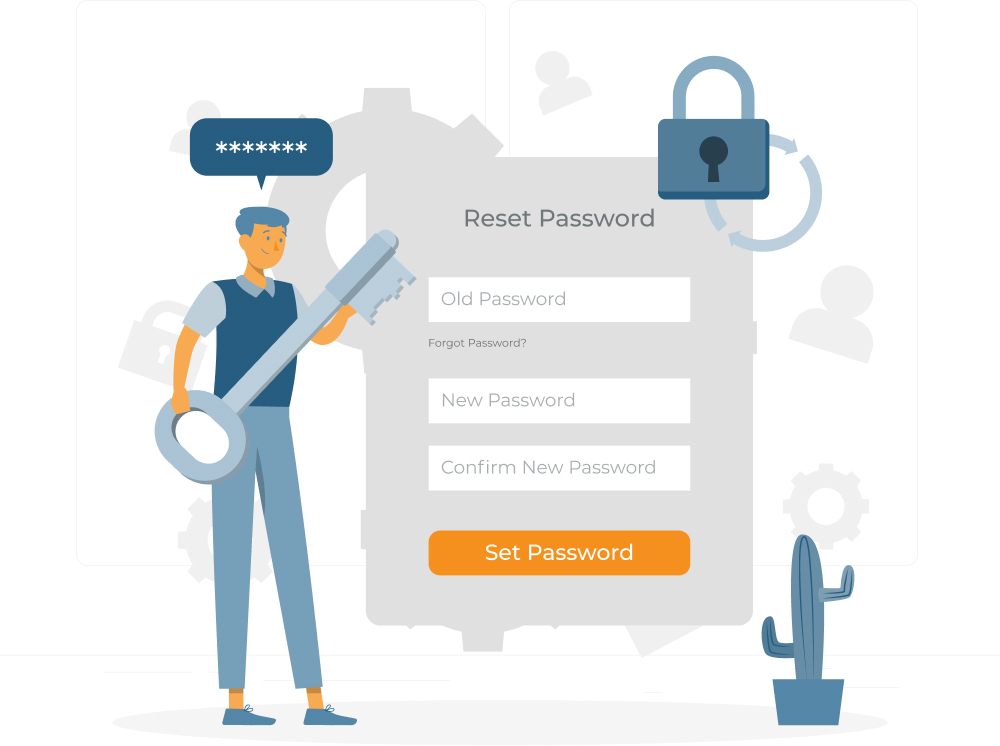Are you all ready and prepared for your interview? Research? Check; outfit? Check; answers? Rehearsed; questions?… What? Oh, I’ll just see if I have any once I’m there. This is the part that many interviewees consider to be the least important. But acing an interview is not simply about giving the right answers but also asking the right questions. This is yet another opportunity to highlight why you’d be the perfect candidate for the job.
Don’t miss out just because you think it’s not necessary, or because you feel it might make you seem difficult, awkward or even arrogant. On the contrary, asking the (right) questions will show that you’re interested, enthusiastic, and that you’ve done your research.
 Choose the right interview questions
Choose the right interview questions
Having an idea of what questions you are going to ask will help you to avoid getting tongue-tied during the interview and maximise this opportunity. Word the questions in a way that would showcase your best qualities, and also give you valuable information. Don’t ask more than three questions. This is not an interrogation. Asking too many will make you come across as difficult and nit-picky, rather than interested and confident. Here are some examples of what interview questions you should and shouldn’t ask.
Don’t Ask
What does your company do?
Ask a question like this and you can almost be sure that the moment you walk out the door your CV will go into the ‘No’ pile…or bin. This just shows that you have no real passion for the job or what the company represents and that this is just another interview in a long line.
Did I get the job?
Nobody likes to be put on the spot or in an uncomfortable situation, so why would you do that to someone whose favour you are trying to win? It goes against every notion of interview etiquette and shows impatience as well arrogance.
Do I have to work overtime and / or weekends?
This gives the impression that you intend to work as little as possible and have no intention of giving a little bit more than is expected of you? The interviewer could also think that you’re not a team player and would not get stuck in if the situation required it.
If I come in early can I leave early?
Similar to the ‘Do I have to work overtime?’ one, this just implies that you’re just there to do the hours and get the pay, without any passion for what you do. True, work-life balance is important, but at this point you have to show your potential employer that you believe that the company’s needs are important too.
What is the salary for this job?
The interviewer will generally discuss this in the second interview, so be patient and do not bring it up in the first one. Also, it is not the time to ask about benefits and perks. A candidate asking about whether they get health insurance or a gym membership is not attractive to the hiring manager. You do not want to come across as someone who only thinks about what the company can do for you.
Instead, Do Ask
Can you give you me some more insight on the company culture?
This shows that you’re not in it just for the pay but that the company’s vision is important to you. You want to see whether you are aligned with the company’s values and if you will fit in with the team. The interviewer will see that you are looking at this long-term.
What is a typical working day like in this position?
The answer to this will likely give you the information you need about working hours and flexibility. At the same time it shows that you are interested in learning more about the job and what is required of you. You will gain more insight about the responsibilities you will have and know what to expect.
Do you have any concerns about my qualifications?
This question is putting yourself a little bit out there but shows you as a trouble-shooter and a person who does not shy away from confrontation. You’ll come across as someone who can take constructive criticism, and who values transparency. All excellent skills to possess. If indeed there are any concerns that the hiring manager may have chosen not to mention initially, then it will give you the opportunity to clear that up.
What is the next step in the hiring process? When should I expect to hear back from you?
In one of our recent polls, we asked which part of the job search process was the hardest. Many commented that not knowing when you’d get a reply was the worst part of it. Asking this question is taking control of the situation and shows assertiveness – an excellent skill to have. Once you know the process or timeline, then you’d also know when it would be ok to follow up if you haven’t heard back from them.
What would you expect me to achieve in the first 6 months?
If you want to come across as a goal-oriented person with a (healthy) competitive spirit then this is the question to ask. It will show that you are keen to succeed, can work to deadlines and are ready roll up your sleeves and get to work.
Make them your own
The above lists are far from exhaustive, but should give you an idea of what road to take when asking questions. Adapt the questions to suit your character and the job you are interviewing for to make them sound more natural. Don’t pass up on the chance to ask questions. It might mean taking a few steps outside of your comfort zone, but it will certainly help you stand out amongst the competition.
Good luck! Check out our other blog posts to get more tips for job search success!

